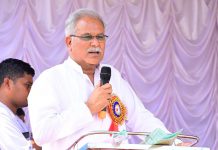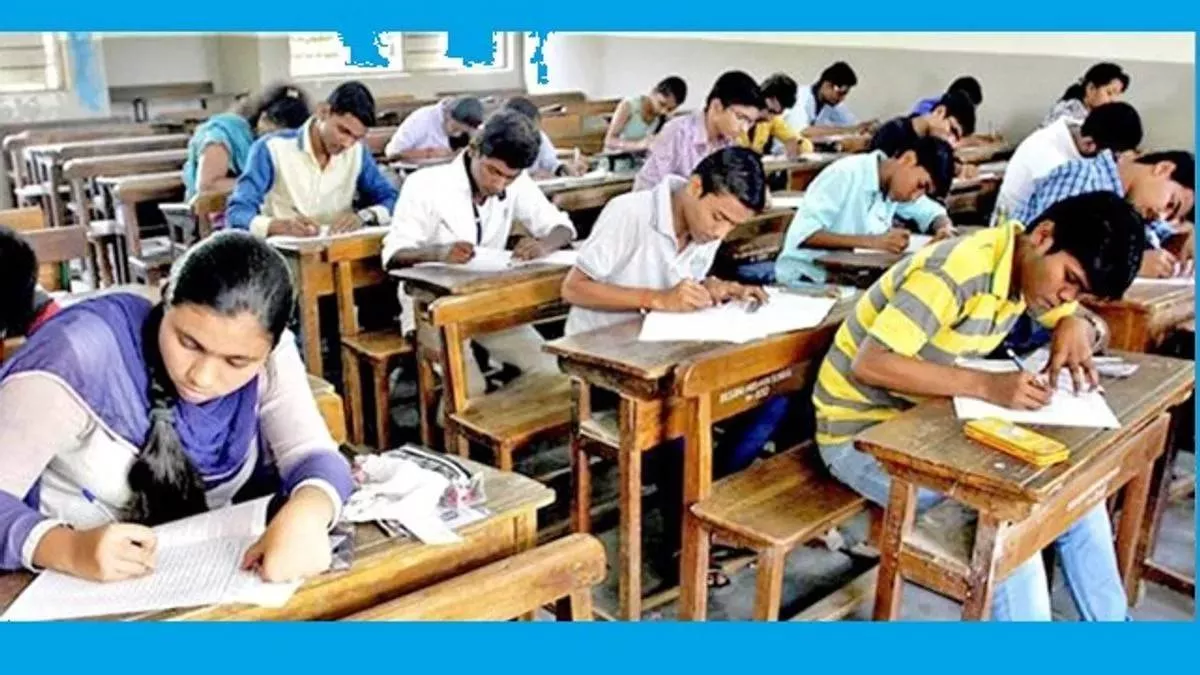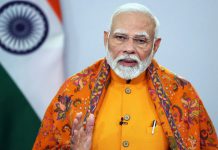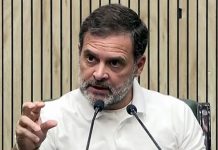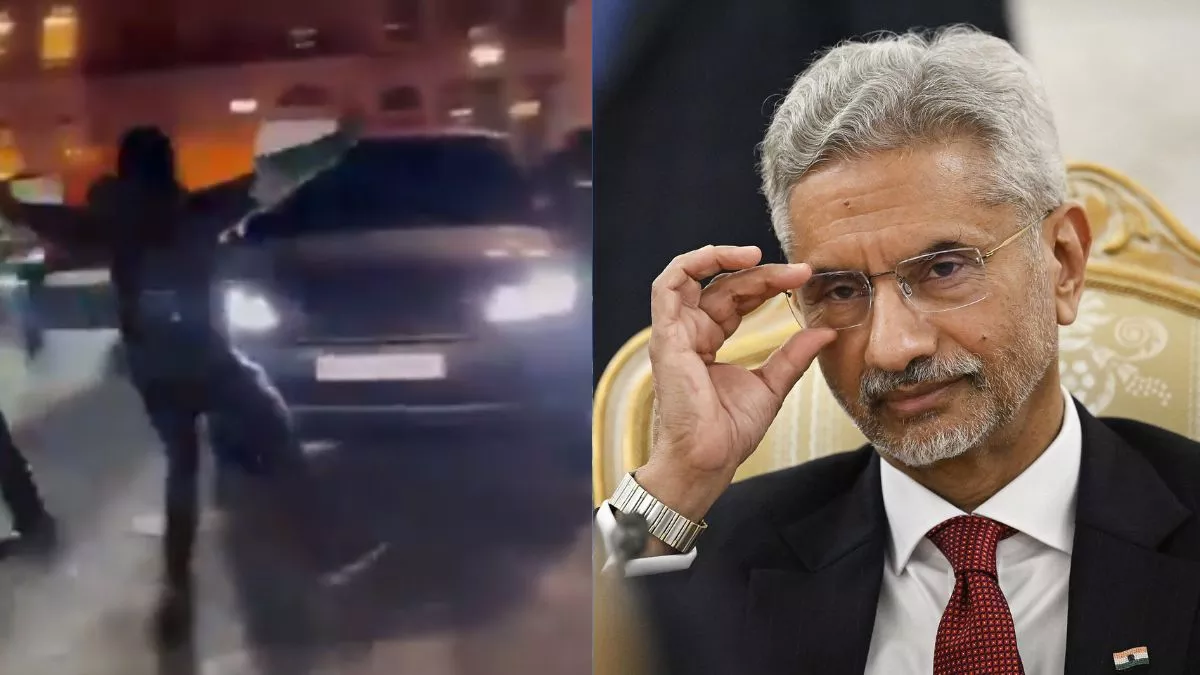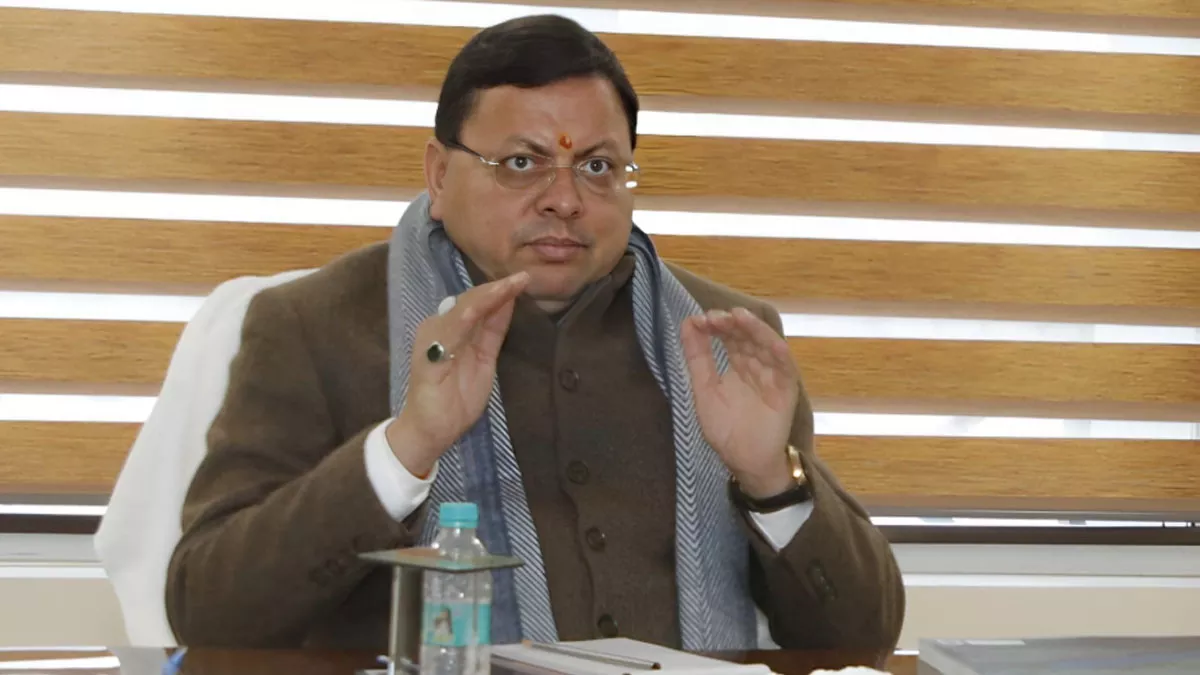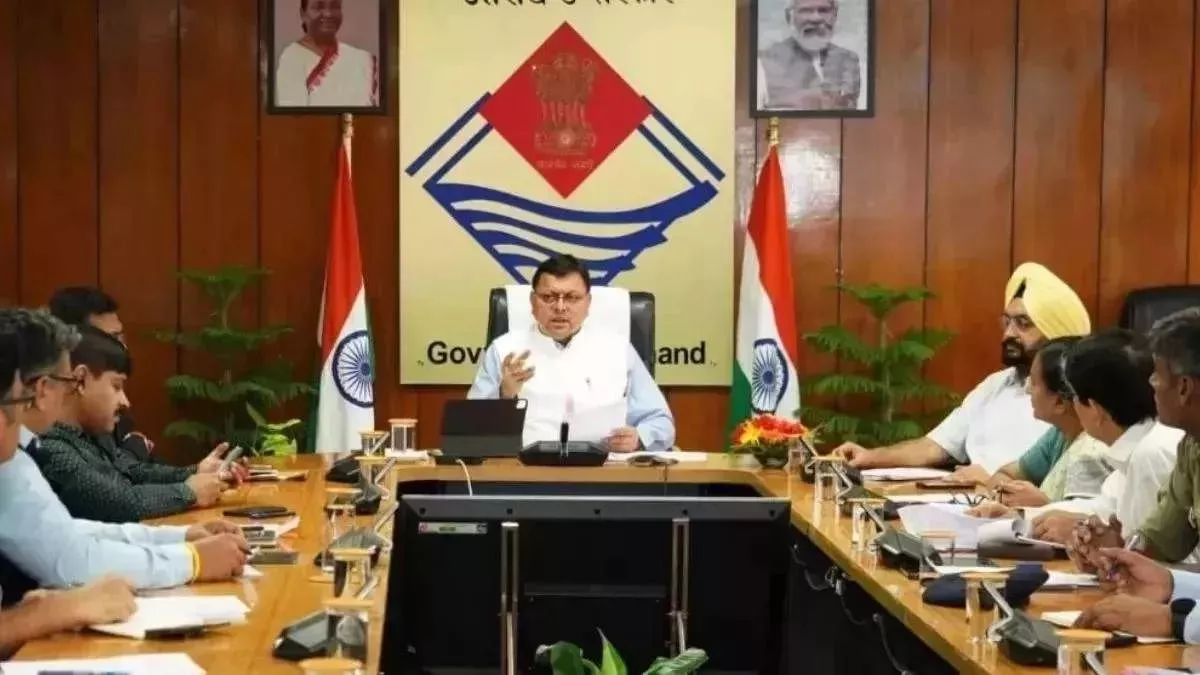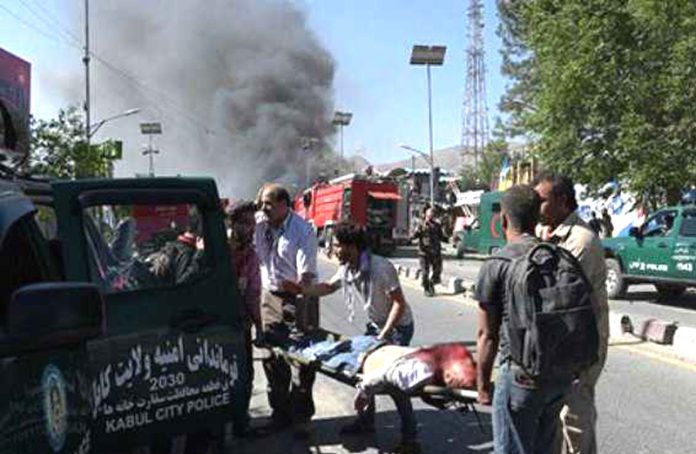By Mirwais Harooni and Josh Smith
KABUL, Jun 1 (Reuters) A powerful bomb hidden in a sewage tanker exploded in the morning rush hour in the centre of Kabul, killing at least 80 people, wounding hundreds more and damaging embassy buildings in the Afghan capital’s unofficial “Green Zone”. Yesterday the victims of the explosion at a busy intersection appeared mainly to have been Afghan civilians on their way to work or school, including office workers whose nearby buildings did not have the protection of the blast walls that fortify the zone. The blast, at the start of the holy month of Ramadan, was one of the deadliest seen in Kabul, killing 80 people and wounding another 463, Deputy Interior Minister Murad Ali said. A huge crater was caused at the blast site close to the German embassy compound, tearing the front off a building facing the street and shattering windows and blowing off doors in houses hundreds of metres away. German Foreign Minister Sigmar Gabriel said some embassy staff had been injured and at least one local security guard was killed. “Such attacks do not change our resolve in continuing to support the Afghan government in the stabilization of the country,” Gabriel said. Eleven US citizens working as contractors were among the wounded, the US State Department said, adding that none of their injuries were considered life-threatening. Basir Mujahid, a spokesman for the city police, said the explosives were hidden in a sewage truck. He also suggested that the German embassy might not have been the target of the blast, which sent clouds of black smoke into the sky near the presidential palace. “There are several other important compounds and offices near there too,” he told Reuters. No group had claimed responsibility by yesterday evening but Afghanistan’s main intelligence agency, the National Directorate for Security, said it had been carried out by the Taliban-affiliated Haqqani network with assistance from Pakistan. Both Pakistan and Afghanistan regularly accuse each other of supporting militant groups operating across the border. The Taliban, seeking to reimpose Islamic rule after their 2001 ouster by US-led forces, denied responsibility and said they condemned attacks that have no legitimate target and killed civilians. Islamic State, a smaller militant group in Afghanistan seeking to project its claim to a global Islamic caliphate beyond its Middle East base, has previously claimed responsibility for high-profile attacks in Kabul, including one on a military hospital in March that killed more than 50 people. The NATO-led mission in Kabul said Afghan security forces prevented the vehicle carrying the bomb from entering the Green Zone, which houses many foreign embassies as well as its own headquarters, also suggesting it may not have reached its intended target. In the immediate aftermath of the blast, the scene was littered with burning debris, damaged walls and buildings, and destroyed cars, many with dead or injured people inside. As well as the German embassy, the French, Turkish and Chinese embassies were among those damaged, the three countries said, adding there were no immediate signs of injuries among their diplomats. The BBC said one of its drivers, an Afghan, was killed driving journalists to work. Four journalists were wounded and treated in hospital. “FELT LIKE AN EARTHQUAKE” At the Wazir Akbar Khan hospital a few blocks away from the blast, there were scenes of chaos as ambulances brought in wounded. Frantic relatives scanned casualty lists. “It felt like an earthquake,” said 21-year-old Mohammad Hassan, describing the moment the blast struck the bank where he was working. Another lightly wounded victim, Nabib Ahmad, 27, said there was widespread confusion. “I couldn’t think clearly, there was a mess everywhere,” he said. Frenzy erupted outside the hospital as ambulances and police trucks began bringing in the bodies of those killed. Some were burned or mutilated beyond recognition. President Ashraf Ghani condemned the attack, which will add to pressure on his fragile government, already facing mounting discontent over its inability to provide security. The attack drew international condemnation, ranging from India and Pakistan to the United States, the European Union and Pope Francis. US President Donald Trump called Ghani and offered his condolences. Trump “condemned the attack, which occurred during the holy month of Ramadan, underscoring the barbaric nature of the terrorists who are enemies of all civilized peoples,” the White House said in a statement. The United Nations Special Representative in Afghanistan, Tadamichi Yamamoto, described the attack as an outrage. Amnesty International demanded an immediate and impartial investigation. The Taliban have been stepping up their push to defeat the US-backed government. Since most international troops withdrew at the end of 2014, the Taliban have gained ground and now control or contest about 40 per cent of the country, according to US estimates, though Ghani’s government holds all provincial centres. Trump is due to decide soon on a recommendation to send 3,000 to 5,000 more troops to bolster the small NATO training force and US counter-terrorism mission now totalling around 15,000. The commander of US forces in Afghanistan, General John Nicholson, told a Congressional hearing this year he needed several thousand more troops to help Afghan forces break a “stalemate” with the Taliban. REUTERS AKC 0434



